Exclusive streaming deals show that studios have not learned a thing
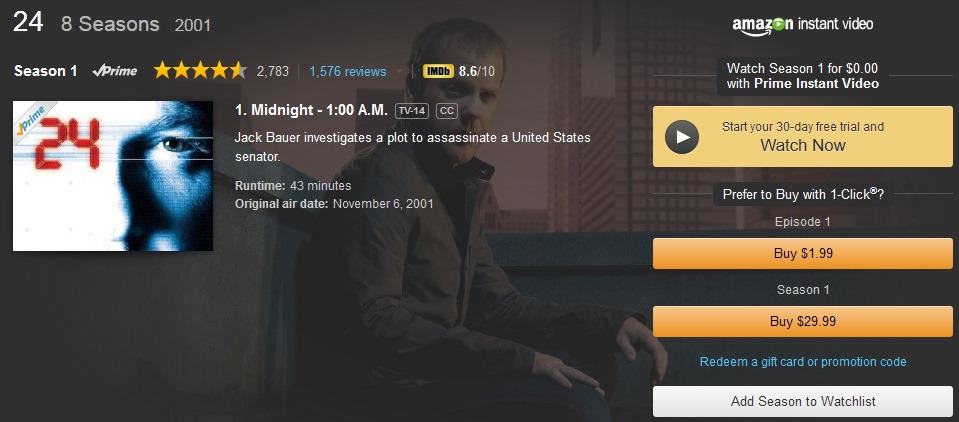
If you want to watch a particular TV show or movie on the Internet, you have check the various streaming providers such as Netflix or Amazon Prime to find out if they make it available to you.
Depending on where you live, you may be even limited in regards to the services that you can check. Netflix for example is not available in most parts of the world, and to my knowledge, there is not a single service available currently that you can subscribe to no matter where you live on the planet.
But even if you have choice, say you live in the United States which undoubtedly is blessed when it comes to streaming services, you will discover that fragmentation is an issue.
The reason here is exclusivity and behind the door deals. A recent example is the TV show 24 which has become an Amazon exclusive recently. You could watch it before on Netflix but that won't be the case anymore.
If you are a fan of the series and want to watch the show legally on the Internet, you'd have to use (and pay) Amazon for that.
But what if Netflix has exclusive shows that Amazon does not offer? Or if Hulu Plus has? Or any of the other streaming services?
You'd have to subscribe to several services to cover all shows that you want to watch. Or, and that is a likely solution, turn towards file sharing to download shows that you are interested in.
The popular streaming app Popcorn Time for instance shows how it is done. It is a very simple app that displays movies to you that you can stream. From old ones to brand new ones. And while it may not be legal to use it in your country, as the source of the movies comes from torrent files, it demonstrates how a next generation service should look like.
It is a bit like Napster but for movies, and there is no reason why another application could not offer the very same thing for TV shows as well, and why there cannot be a paid application as well.
Exclusivity
Exclusivity may look good on paper. For the studios as they may get more money from deals, and for the service that gets the exclusivity as users may subscribe to it if they want to watch their favorite show.
But exclusivity can also backfire for the same reason for streaming services. If another service gets an exclusive deal, you won't be able to offer the show to your customers.
And customers, well, they are at the receiving end here. It is not feasible to sign up for multiple streaming services because it costs money to do so. While some may do so anyway, the large majority may stick with a single service or none at all for the time being.
One reason why TV show torrents are this popular is that they are universally accessible. There is only one pool and everyone has access to it.
And until a paid service comes along that is offering the same convenience and catalog, it won't drop in popularity.
Advertisement
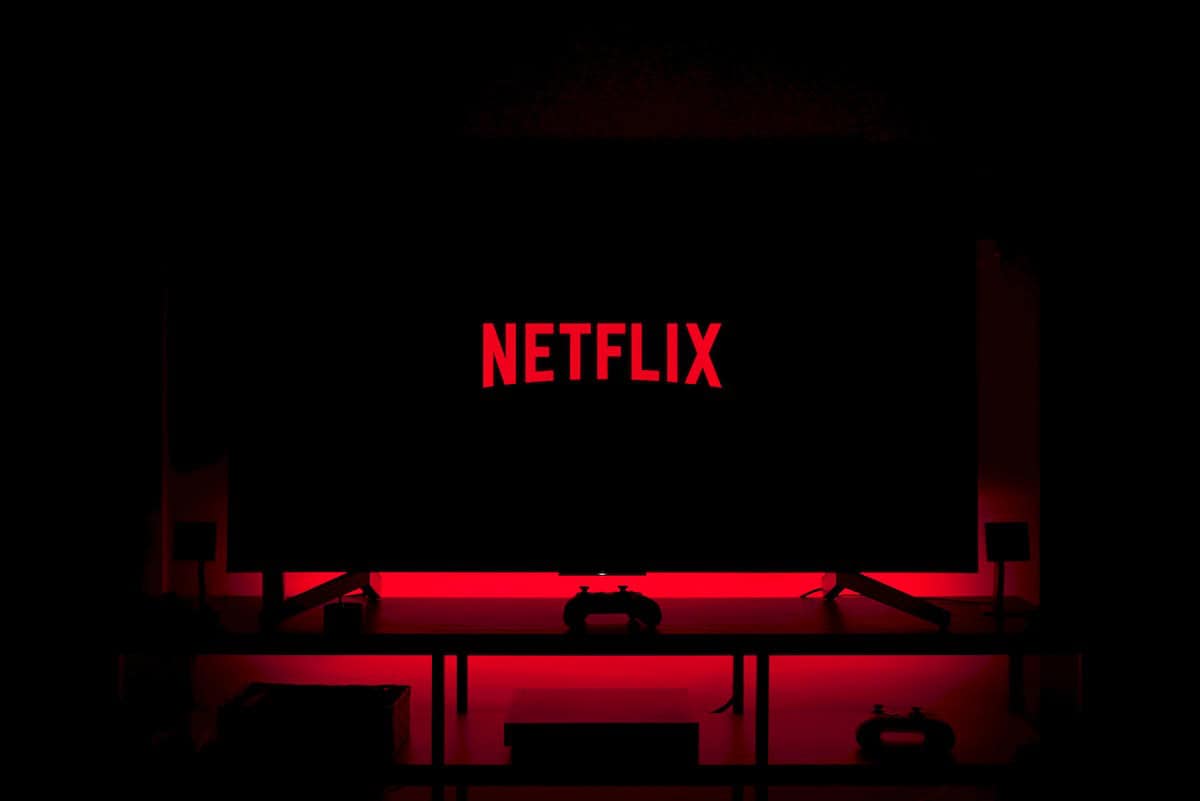
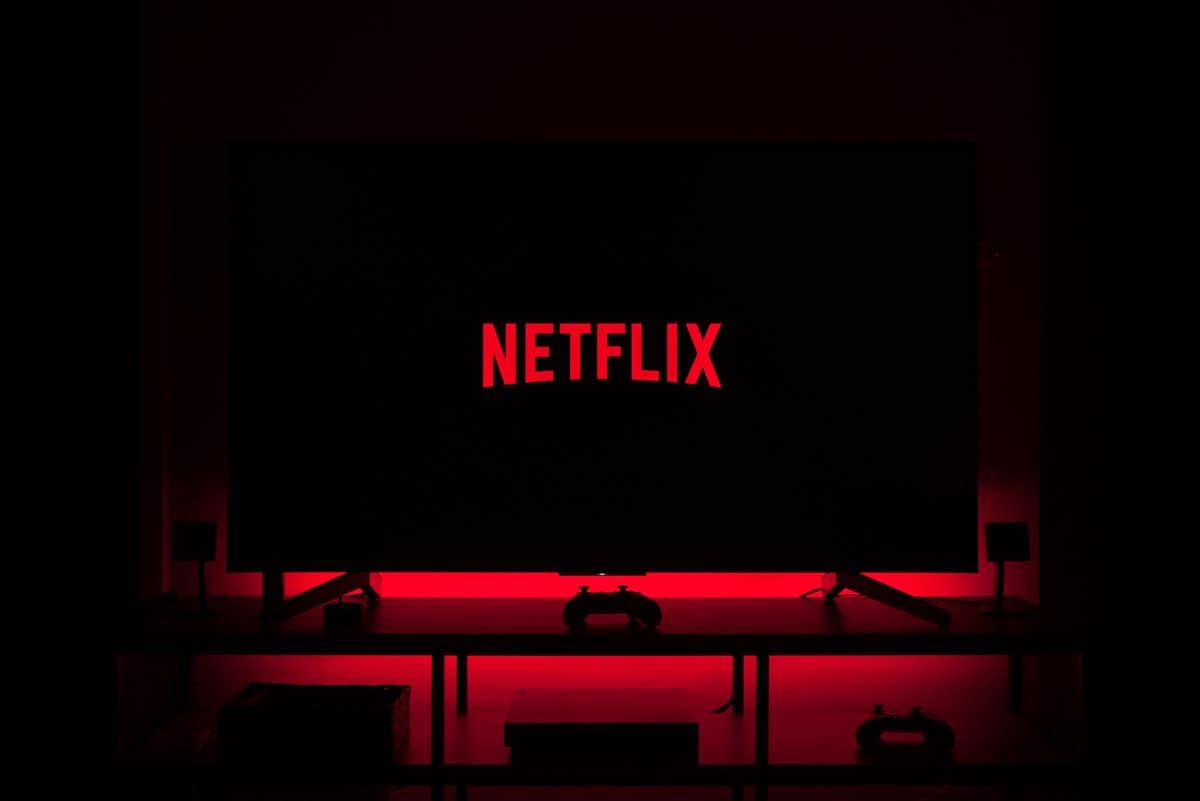

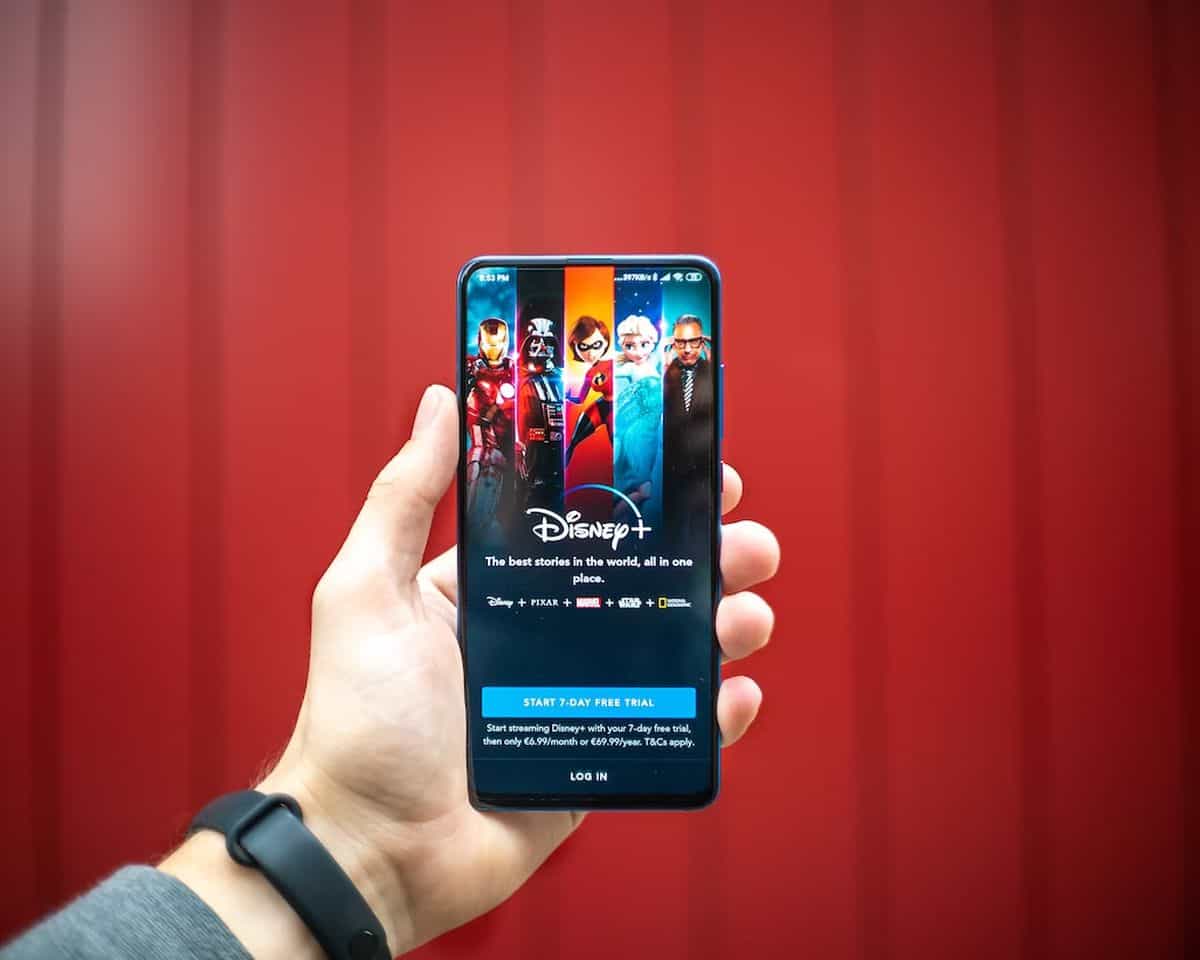
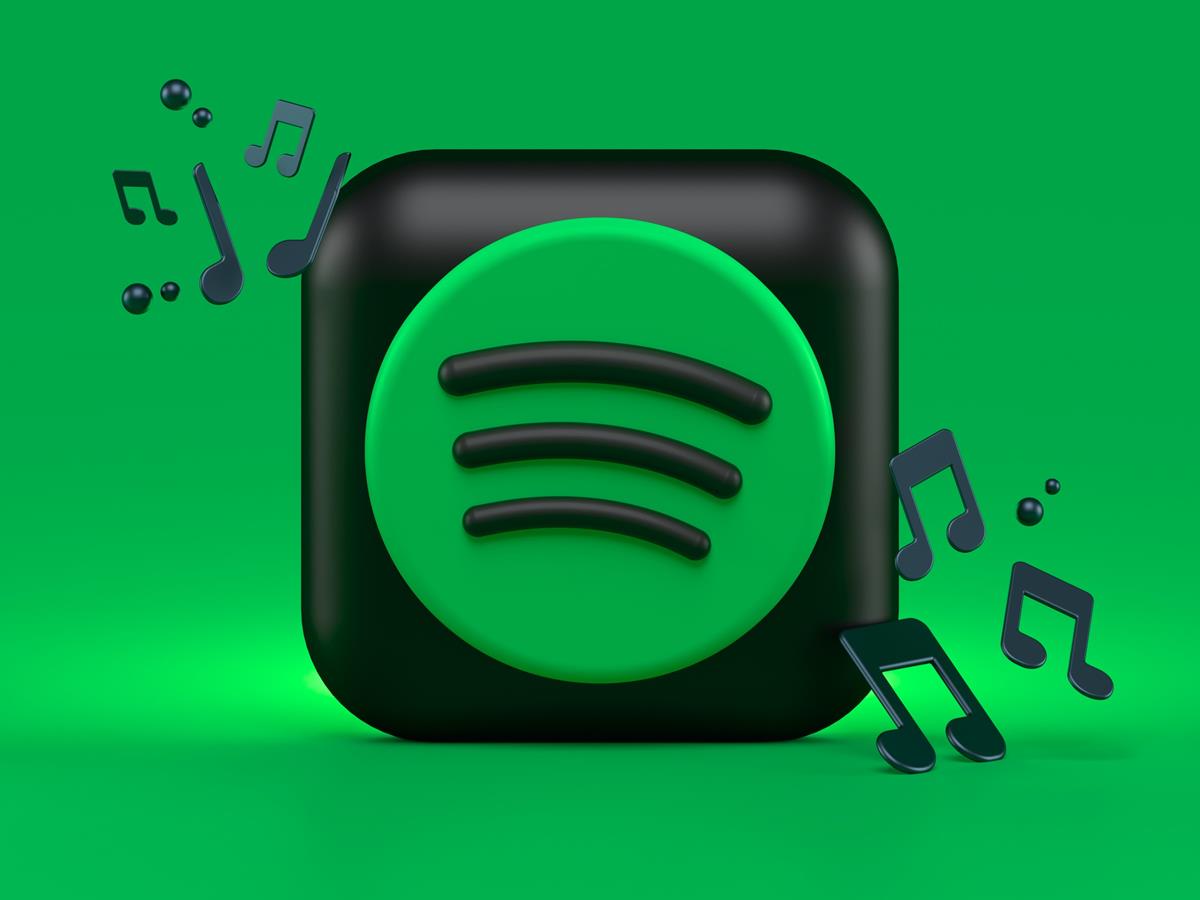



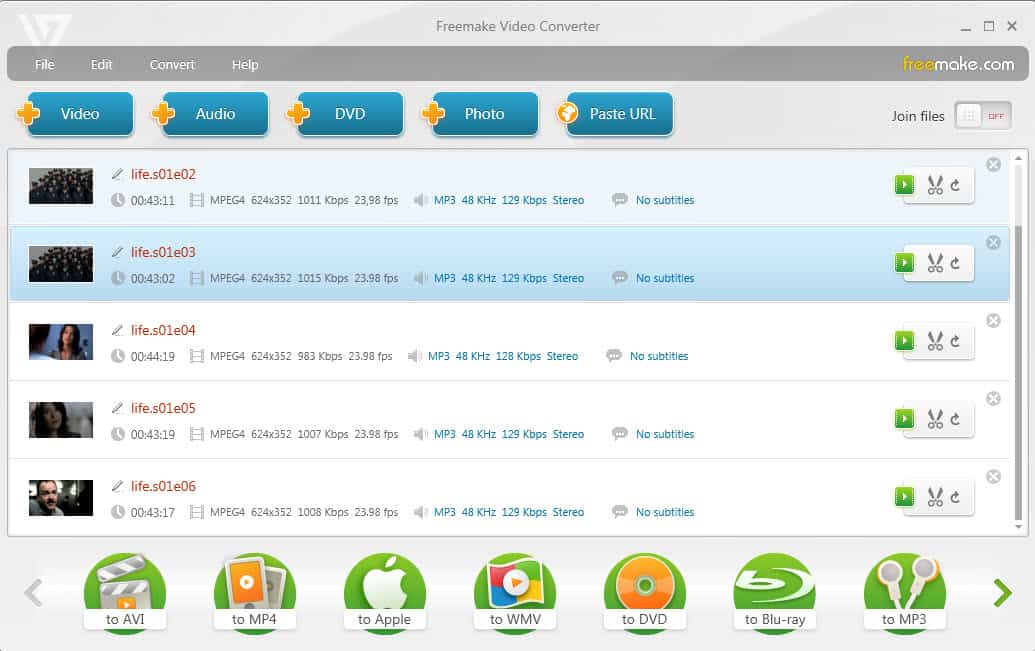
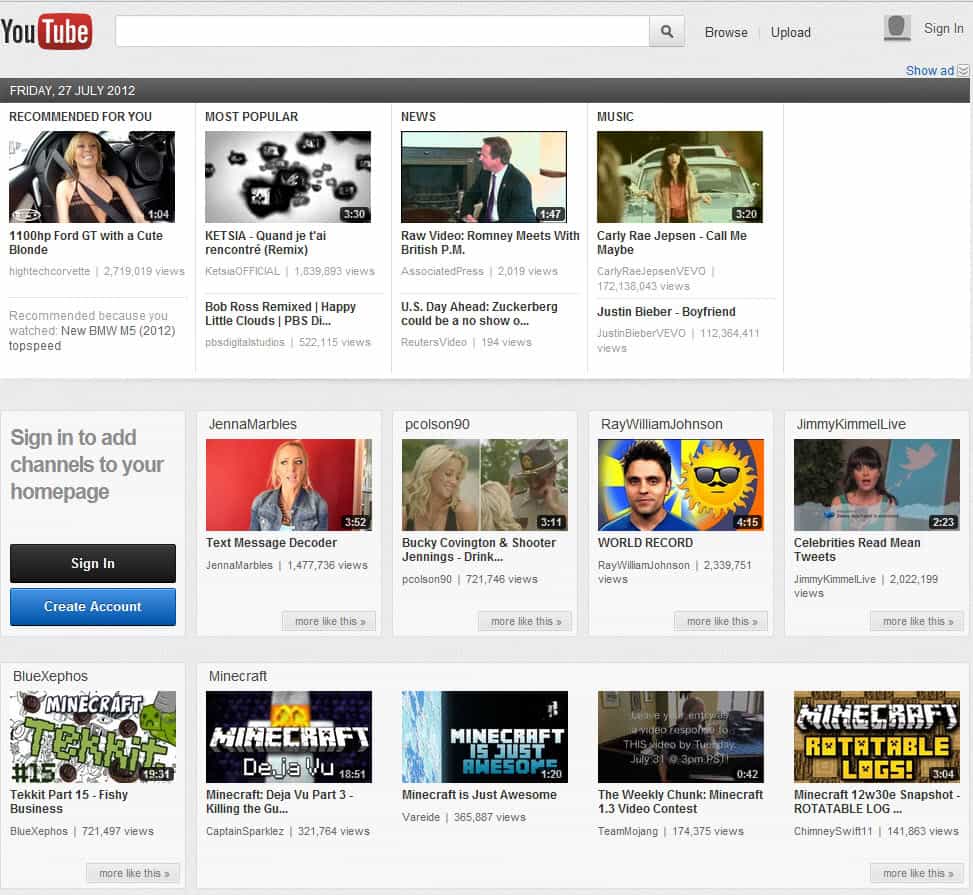










The Popcorn Time Website says “GOODBYE”???
TR
Exclusive deals have, in the past, resulted in huge increases in subscriptions for Netflix etc. So much so that they are willing to pay significant amounts for new content. They don’t just throw money around in hopes of a profit!
Yes, of course, pretty much all content can be obtained from other sources, but the majority of internet users actually pay for content. And then you get those who get frustrated by the alternate sources (because of quality, timely availability etc) and end up opening their wallets to put and end to it.
And, with the rights, they get to distribute via other means – DVD/Blu-ray box sets. I’m always floored to walk through a Best Buy at Christmas and see how many of these are in the hands of shoppers looking for gifts.
Regional availability is directly related to potential viewers in a country. There is no reason to pay for the rights to content for say Canada when the potential upside is an additional 50,000 viewers. Just doesn’t make financial sense. You can see this in action on Netflix where there is a substantial amount of content on the US site, that isn’t available on the Canadian service.
Yup. The ROI just isn’t there for expanding coverage to other less populated countries, and all the whining in the world won’t change that.
..and then it was continued. XD
http://popcorn.cdnjd.com/
Try this one martin
http://zerodollarmovies.com/
and for TV http://live.camposat.tv/
I live in spain so I do not need a spanish ip,
if you need to change your ip address then down load ZENMATE from google
All the best, good web site.
Brian
Oops, looks like the European TV moguls are just as exclusive as the American ones:
“Sorry, the channel ‘…’ is not available in your region.”
Of course, exclusivity is nothing new. It has existed since the dawn of television (~65-70 years). No TV program appears on more than one network at a time. You can’t watch CSI on Fox; it appears only on CBS. If exclusivity were bad for the broadcast business, it wouldn’t exist. But obviously production companies make money with exclusive deals. No, it’s not cheap for the consumer, but then, why should the television industry act like an entitlement program instead of a business?
BTW, Popcorn Time shut down because of the legal trouble it was in.
Entitlement? Get a grip. The way the market’s always worked is, if the stuff you provide is not right for the customer (i.e. it’s not cheap for the customer), he does not buy it, period. In the case of movie/music/software where internet makes it possible to get stuff that the copyright holders won’t sell to you for whatever reason, piracy happens. It’s no rocket science.
You’re comparing exclusive broadcast deals on TV that affect the broadcaster rather than the viewer who only has to flip some channels to get what he wants against a situation where copyright holders refuse to provide content to people from certain places on the globe, even though these people want to receive the content as is (no dubbing, no translations or subtitles) at the prices it’s being sold in the US. And then the copyright holders have the nerve to whine and cry about piracy. It’s insane.
Oh I’ve explained it to them, just as many other people who are in the same situation I am. In fact, I keep explaining it to them at the speed of 80Mbit per second every time a TV show that I want to stream/pay for but can’t releases. They’ve heard our explanations and they don’t care. Why? Well, once you’ve got billions of dollars in your bank account, you’re not going to strain your back picking up that $100 banknote from the sidewalk. If there’s not enough profit in doing something, some companies simply won’t do it. Once they see a certain market as profitable, they’ll go in. Until then, they’ll just keep waving their hands and crying to the governments about piracy and breaking the law.
So no. it’s not exactly about money in this case. It’s about completely ignoring many potential customers and content creators that they’re supposed to be representing. Why would any sane person try to in any way rationalize or defend these money and power hungry, crooked organizations or their actions is beyond me.
I am in no way sticking up for the monopolistic practices of movie studios, cable TV, or any other such company. It’s all about money. If they could make more money by changing their licensing and distribution practices, I’m sure they would. Why don’t you explain to them about the international market hungry for their products and all the money they’re losing by their current distribution model?
I do not know how it is in the states, but you get access to quite a few channels for a monthly payment in Germany. If you want to see more, you subscribe to pay TV but that is it. Every household in Germany pays about $20 per month for TV even if they do not watch it. The biggest Pay TV package costs about $50 on top of that but if you just want film and TV, you get it for about $30.
Cable TV in the states is not government operated. It is sold by private communications companies in packages. The lowest price package, for example, usually doesn’t include ESPN, so if you want to watch sports, you have to subscribe to a more expensive package, even if you don’t watch any of the other programs in the package. Average cable TV cost in the US is $80-$90/month.
http://www.businessweek.com/articles/2013-11-14/2014-outlook-cable-bundling-and-higher-bills-wont-stop-soon
http://www.marketwatch.com/story/why-cable-tv-bills-are-only-going-up-2013-02-28
Short term profit is all they care about
That way, the studios get more money from a single person…
I’m way more annoyed by region deals. Like how Amazon.de Prime now comes with streaming. Of German dubbed movies. I wish they’d at least make the prime subscription universal over their services, now I have Amazon.com and Amazon.de Prime (one for watching, one for shipping) in Addition to the Netflix subscription and need to use a VPN to access both.